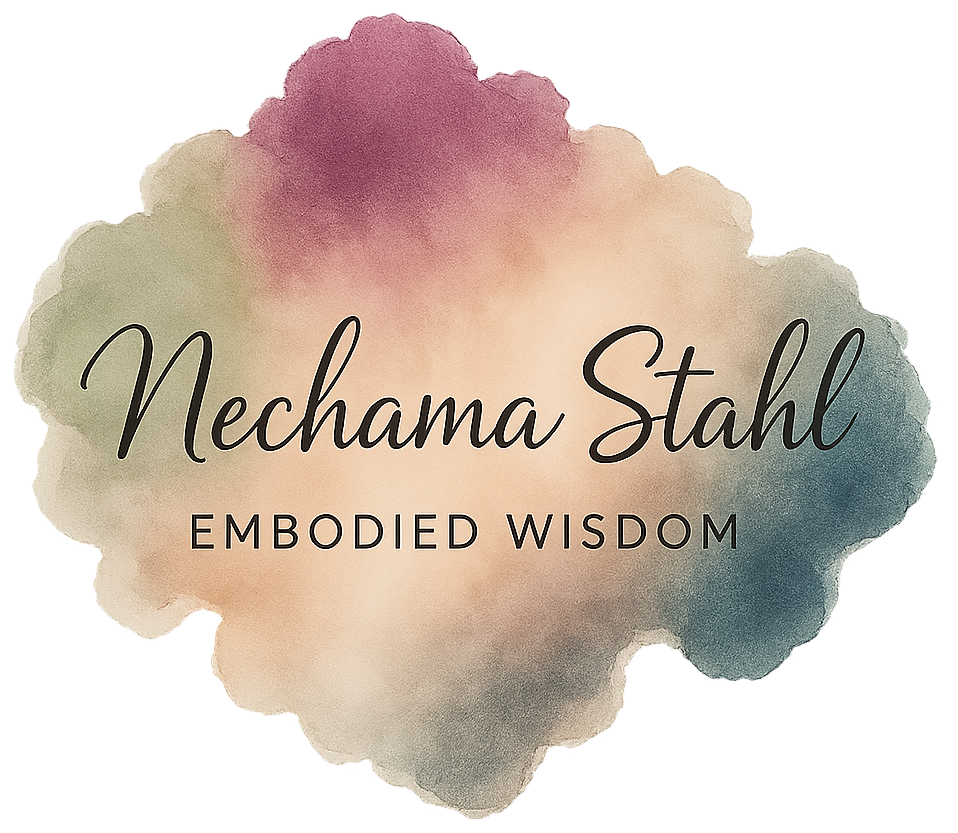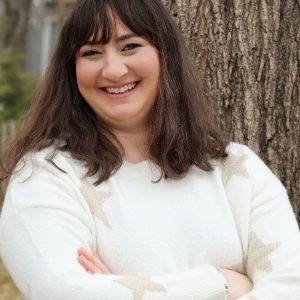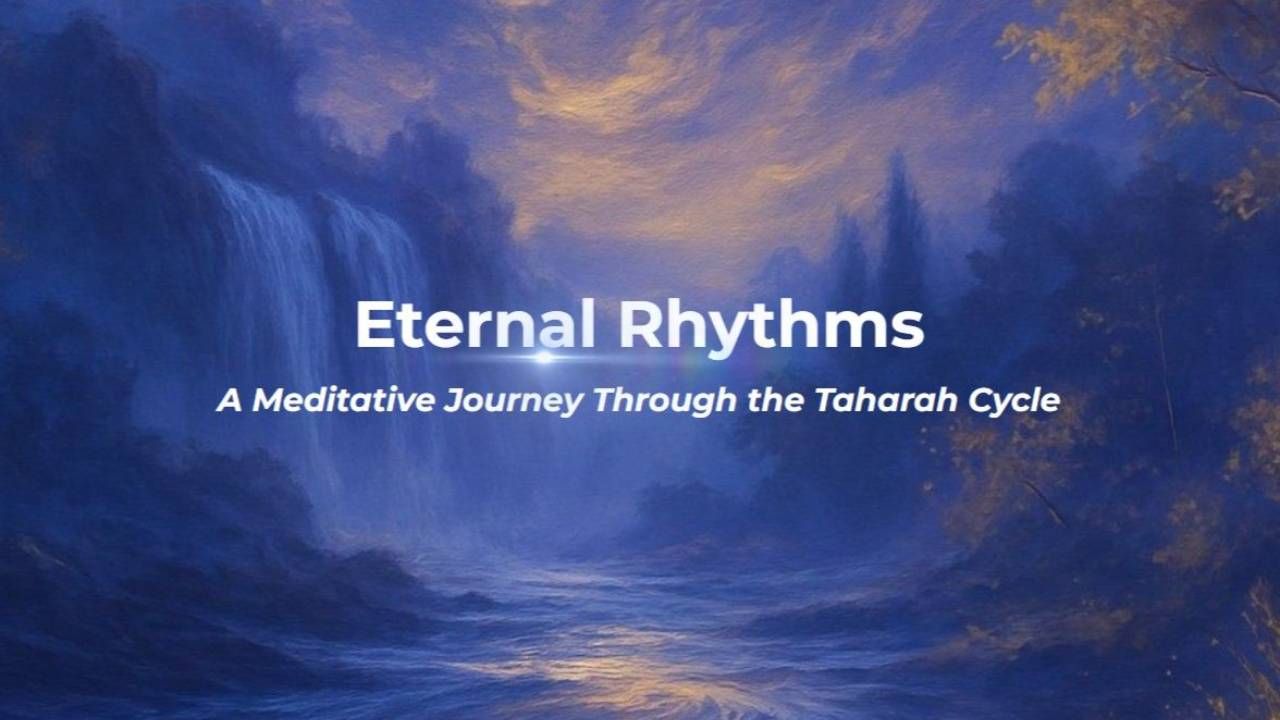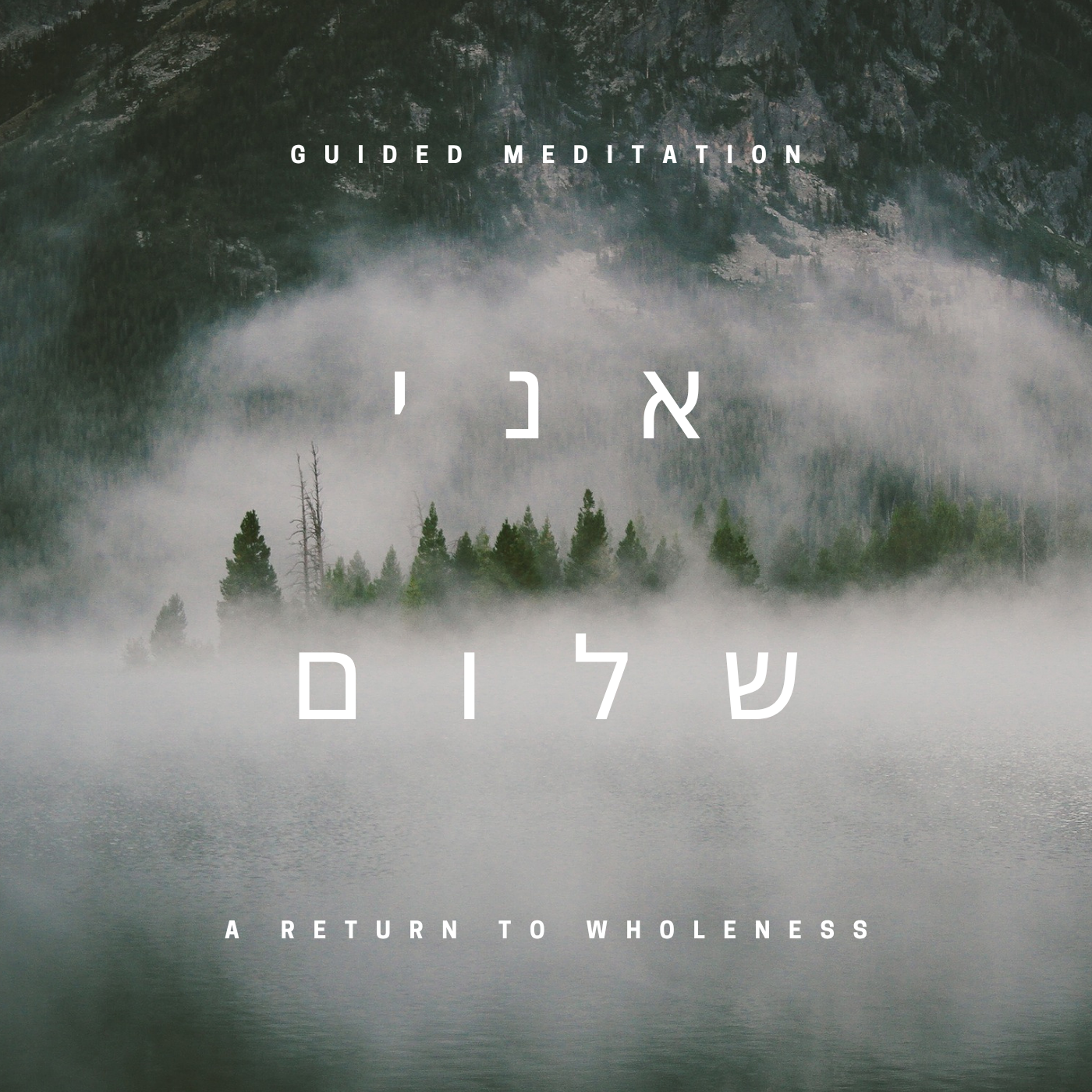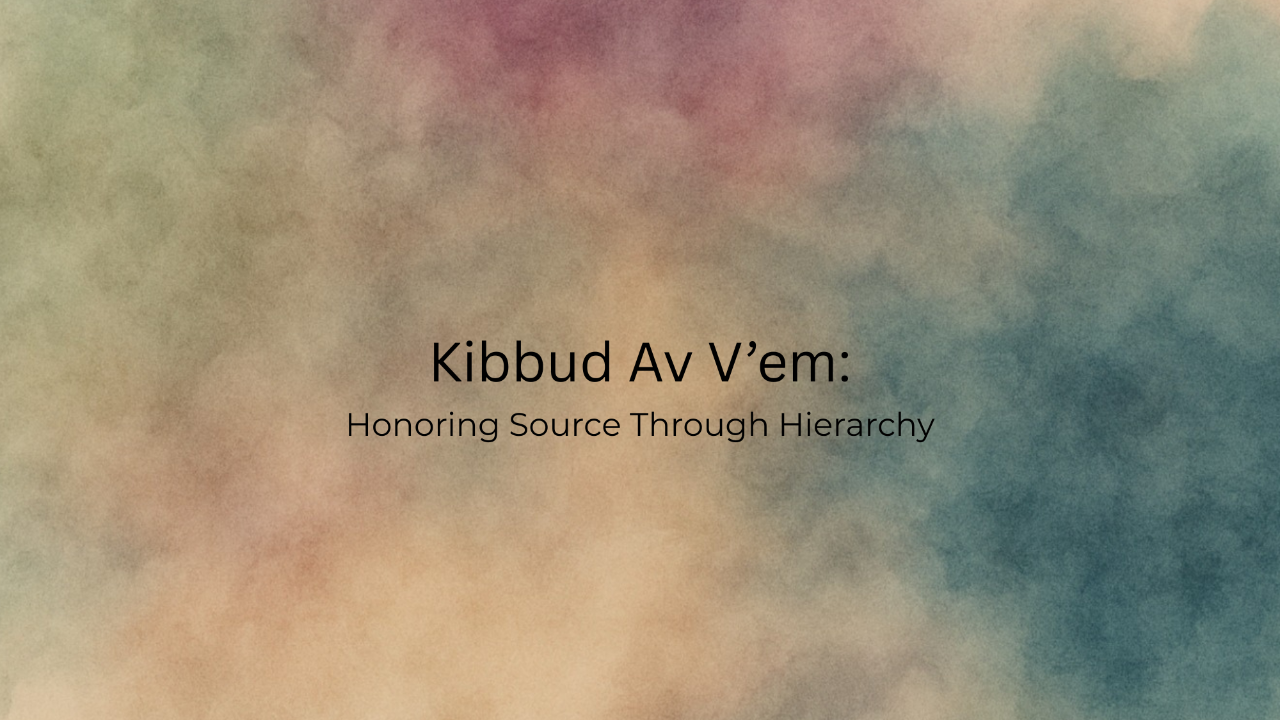
Kibbud Av V’em: Honoring Source Through Hierarchy
Sep 02, 2025"כַּבֵּד אֶת אָבִיךָ וְאֶת אִמֶּךָ לְמַעַן יַאֲרִכוּן יָמֶיךָ, עַל הָאֲדָמָה אֲשֶׁר ה' אֱלֹקֶיךָ נֹתֵן לָךְ"
— Shemos 20:12
We live in a world that loves to flatten things.
Equality has become the highest ideal.
And yet, Torah insists on something different: hierarchy.
Not hierarchy of value: but hierarchy of order.
Because the Source matters.
Think of the progression of the Dibros we’ve been exploring:
-
Anochi — recognizing Hashem as The Source.
-
Lo yihiyeh — recognizing that other powers are not the source.
-
Lo sisa — recognizing the power of sound and speech to carry creation forward.
-
Zachor — recognizing Shabbos as the wellspring of blessing.
And now: Kibbud Av V’em.
Recognizing the human channel of creation itself.
Your parents may or may not have lived up to your image of what a parent should be.
They may be righteous or difficult, warm or cold, wise or flawed.
But Torah says: none of that alters the hierarchy.
Why?
Because life itself is sacred.
To give life - even with no other merit - is to stand in the place of Source.
And life is Torah’s highest gift: Toras Chaim.
This is why the mitzvah of honoring parents runs deep, with obligations that sometimes feel extreme.
Because it’s not about them.
It’s about us; remembering where we come from, respecting the hierarchy of creation, standing in awe of the channel through which God chose to bring us into being.
And when we align with that hierarchy, we don’t diminish ourselves.
We anchor ourselves.
We place ourselves back into the right order of things.
And from there, blessing can flow.
God
Honoring parents is ultimately about honoring God.
Parents are not independent creators; they are vessels, channels.
To honor them is to honor the One who placed His spark of creation inside them.
Practice: Pause and reflect: Hashem chose my parents. Not different ones. These. Not because they are perfect, but because through them, He gave me life. Take a breath and honor the Source behind your source.
Self
Honoring parents is also a practice of self.
It asks us to step out of our stories- the “my parents did this” saga we all rehearse. (Some stories deserve an eye roll or two.)
But Torah doesn’t ask us to rewrite the past. It asks us to step into honor anyway.
Practice: Do one small act of honor, even if it feels awkward or forced. Stand up when they enter. Offer to prepare something for them. Pick up the phone. And do it with intention: I am honoring the Source of my life.
Marriage
In marriage, this mitzvah echoes powerfully.
Two people come together from two lineages, two sources, two origin stories.
Clashes are inevitable, not just of personality, but of background, habits, and family patterns.
But marriage is not about erasing difference. It’s about honoring the weight of origin.
Respecting that each of us comes from a channel that deserves recognition.
Practice: Think of one sticking point between you and your spouse. Trace it back - what source does it come from on your side, and on theirs? Before moving into action or reaction, pause. In your mind and in your heart, make room for both sources. Honor both of them. Notice what shifts when honor enters the space.
Because to honor the Source is to open the channel of blessing - in God, in self, and in love. To honor is to return to alignment, to step into the current of life itself. And there, the Torah’s promise unfolds: לְמַעַן יַאֲרִכוּן יָמֶיךָ - your days are lengthened, because you have placed yourself back in the flow of Source.
